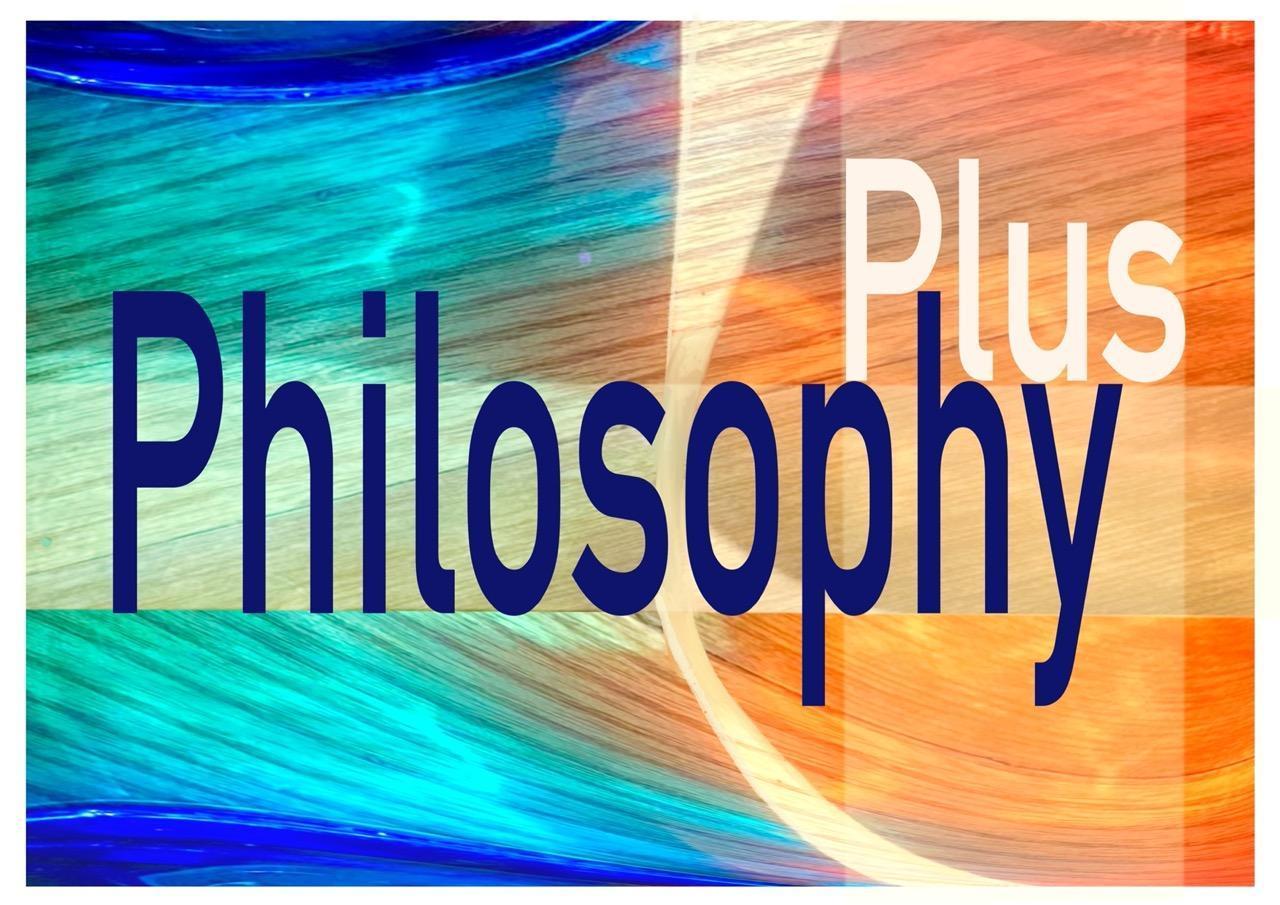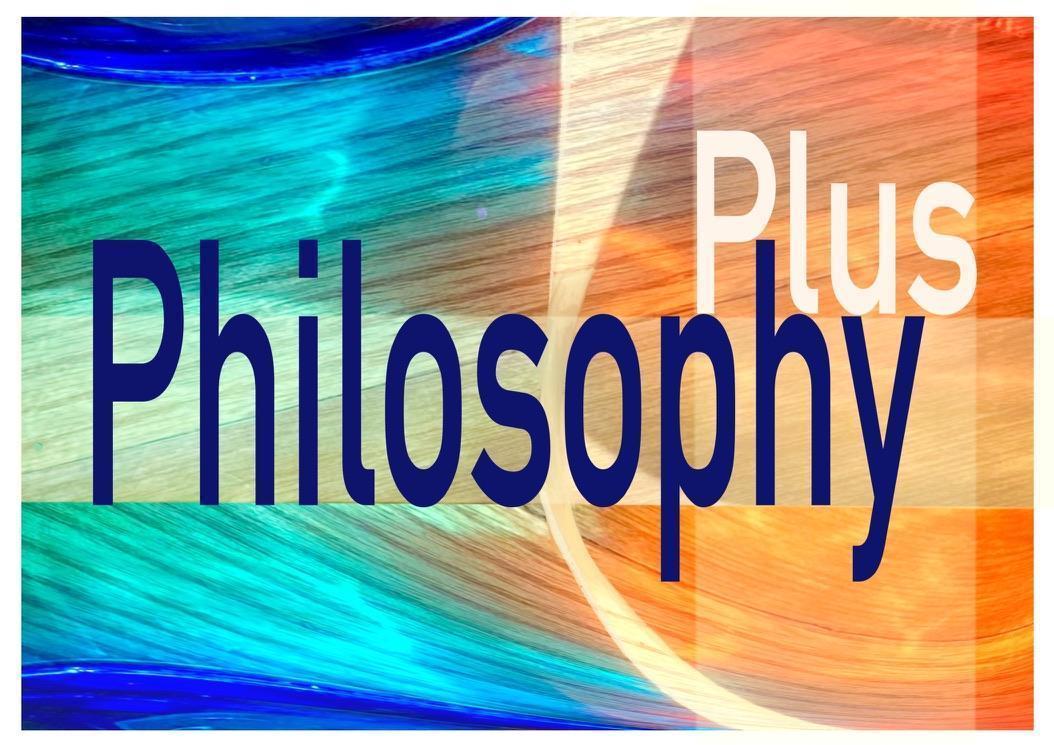
Philosophy Plus?


Why Philosophy Plus?
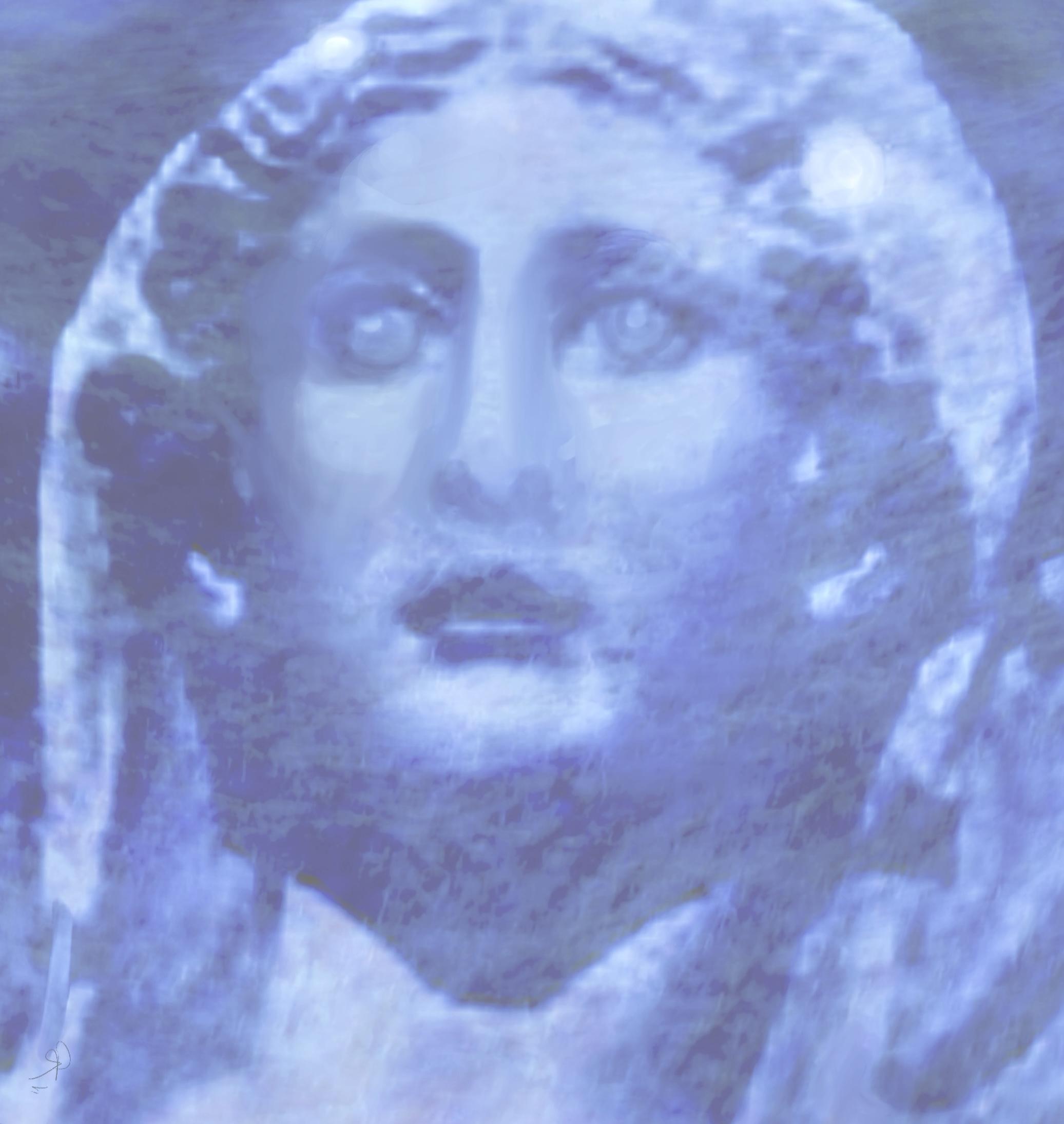
Sophia, after statue at Ephesus
Philosophy means the love of wisdom and is all about thinking, usually this means what to think, and what to think about. We want to go one step further and explore how we think. The aim of this exploration of how we think is to open the door to new ways of thinking in order to solve the enigma of the world, no longer from inside the box of our intellect but from the outside.
This is an invitation! If you want to know more, please read on..
The Plus
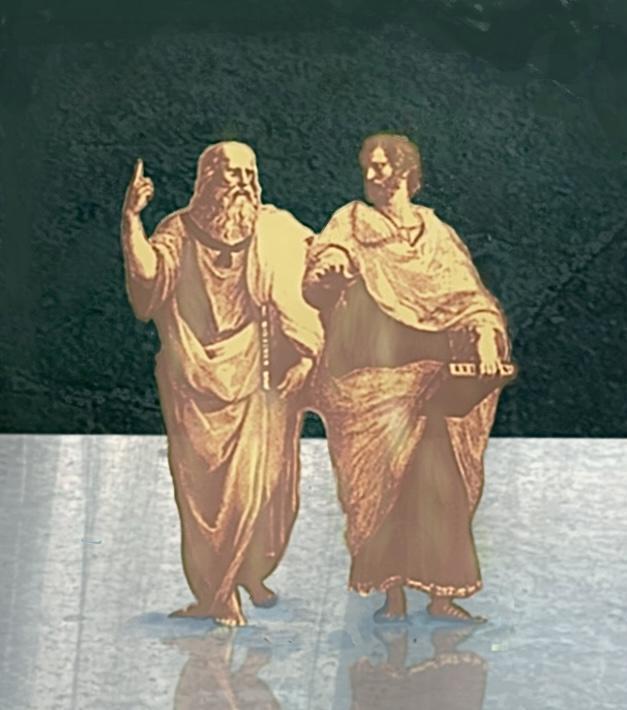
The 'plus' is a dedication of attention and research to thinking itself, as it appears in our own human consciousness. When we study Philosophy of Freedom, our study material is our actual consciousness experience, which we come to know through a process of inner observation.
As we see it, the challenge of our time is: can we take the first steps towards meeting and getting to know our thinking? Can we turn our awareness to our thinking, and find out where it is coming from and where it can lead us? Our thinking is an everyday part of us, it belongs to our own inner world, it is a vital, underpinning aspect of our lives, largely invisible and taken for granted. What role does it play in knowing and for being certain in all aspects of our lives?
True thinking is not necessarily what we think it is. Once we begin to experience it we know it can help us heal our way of thinking and our mistaken thoughts, it can help us discover our true selves, the true nature of the world, put us in touch with each other and help us relate to one other in a deeper way, and ultimately set us free to act from love. If we suceed it will allow us to face and work on our inner challenges, and our current world challenges: ecological, economical, political, educational, social, medical, technological...
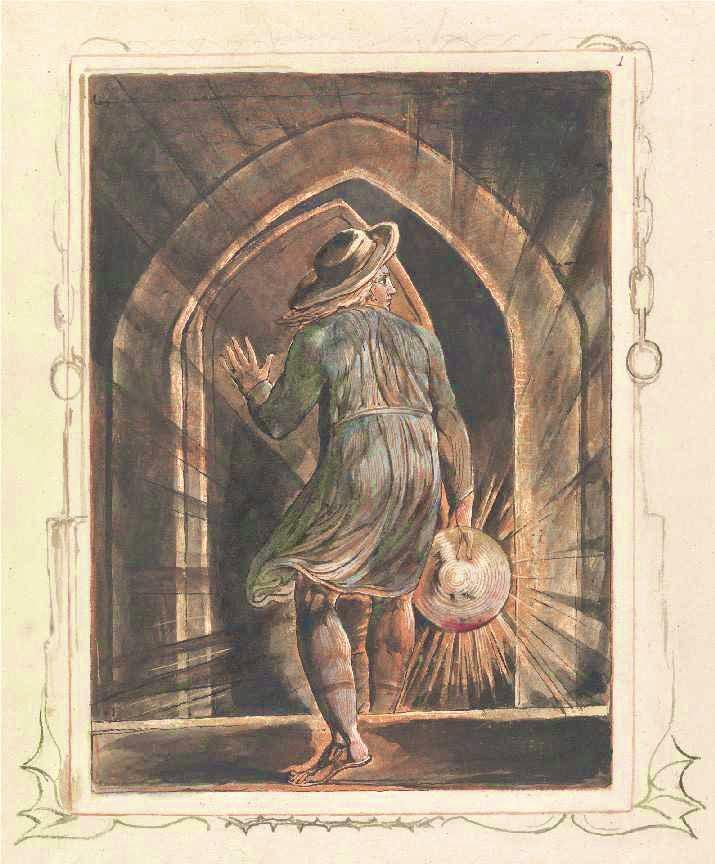
William Blake
To philosophise thinking, we need first to observe it. We can’t observe thinking with our senses, with scientific instruments or measures, because thinking takes place as an experience within our human consciousness, and because it is behind, and comes before every human effort to explain, every human scientific endeavour. Every bit of scientific knowledge we have gained of the world, from the first questioning and wanting to know, to the conceiving of a theory, an experiment to test it, the interpretation of the results and data, and the drawing of conclusions is driven and underpinned by thinking. Strangely, our own thinking remains unobserved, to observe it requires in some way turning inwards with the light of thinking itself…
The philosophy of many ancient traditions involved turning inwards, becoming aware of and stopping or letting go of our ordinary thoughts in order to reach a deeper awareness, an underlying reality covered up by our thinking. By contrast, Western philosophy first emerged on the human consciousness scene at around the time of the Ancient Greeks,(from the 6th Century BC) when powerful thinkers gathered, worked and debated together and developed majestic thoughts to see into the nature of life, ourselves and the world. Can we now in this time, bring our awareness to thinking itself and get to know it? The Philosophy of Freedom shows us a sure path to answering this question in ourselves, if we choose to take it.
